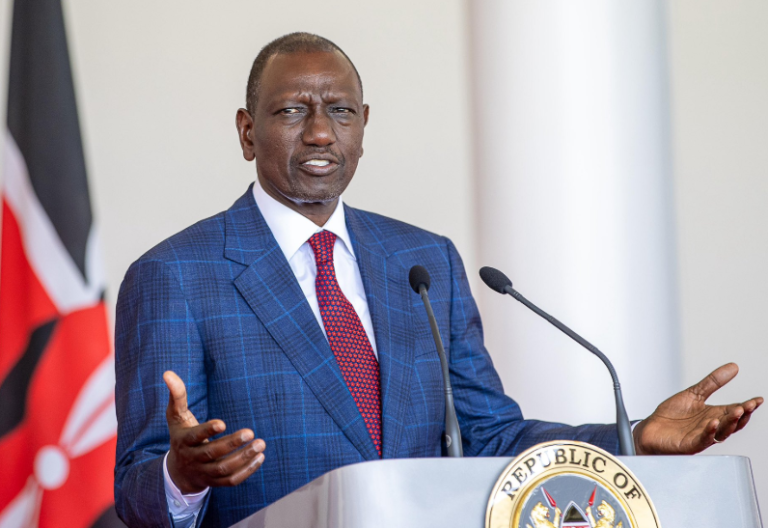In an extraordinary judicial intervention, Kenya’s Appellate Court has halted enforcement of an explosive debt claim that exploded from a modest Sh7 million loan to an astonishing Sh69 billion. The ruling marks a seismic moment in debt jurisprudence—questioning unchecked interest escalation and legal precedent.
The dispute began as a private loan between two acquaintances. Originally structured as a small personal advance, the debt was inflated with interest rates and default penalties allegedly spiraling without clear contractual limits. The borrower found the balance compounded to staggering proportions—nearly ten thousand times the principal—prompting the lender to seek judicial enforcement.
Noting the evident inequity, the Appellate Court ruled that such terms are legally unenforceable and amount to punitive exploitation. The court suspended all recovery action, mandating a comprehensive review of how financial terms mushroomed so drastically in the first place. The borrower is now shielded from seizure orders and enforcement until the appeal process concludes.

Legal analysts describe the judgement as a watershed for consumer protections in Kenyan finance. “Courts must ensure debt instruments don’t become instruments of ruin,” said one expert. The precedent may influence similar disputes where small contracts are weaponized to justify predatory outcomes.
The suspension of the Sh69 billion demand sends a dual message: markets must anchor their lending terms in reasonable limits, and courts are now signaling they will act where contractual justice is breached. Borrowers may find new confidence, especially in cases involving informal or unregulated credit.
What’s next? The court has ordered a recalculation of the loan under fair interest computation. Creditors must disclose calculation details and justify any punitive charges. Failure to comply could result in dismissal of the claim. The outcome will likely shape how future debt recovery is litigated—and offer a stark warning against unconscionable financial terms.
As Kenya grapples with rising household indebtedness and informal lending traps, this ruling arrives at a critical juncture. It may reset the balance in favor of fair lending and judicial restraint—and serve as a turning point in the fight against unbridled financial exploitation.














Leave a Reply